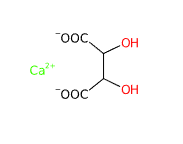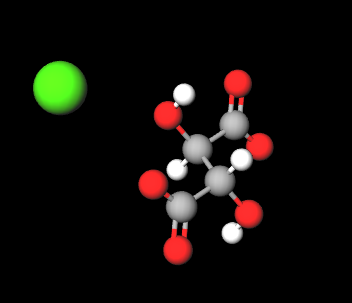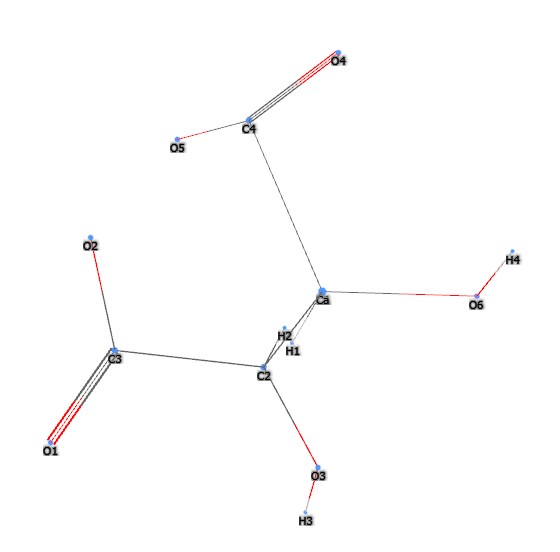Check the ingredients!
... live healthy!


| "Descrizione" by Whiz35 (11828 pt) | 2023-Apr-12 15:04 |
| Evaluation | N. Experts | Evaluation | N. Experts |
|---|---|---|---|
| 1 | 6 | ||
| 2 | 7 | ||
| 3 | 8 | ||
| 4 | 9 | ||
| 5 | 10 |
Calcium tartrate is a chemical compound, the organic calcium salt of tartaric acid.
It appears in the form of a white powder.

What it is used for and where
Food
Ingredient listed in the European food additives list as E354, preservative and acidity regulator.
Cosmetics
Skin conditioning agent. It is the mainstay of topical skin treatment as it has the function of restoring, increasing or improving skin tolerance to external factors, including melanocyte tolerance. The most important function of the conditioning agent is to prevent skin dehydration, but the subject is rather complex and involves emollients and humectants that can be added in the formulation.
Safety
Tartaric acid (E 334), sodium tartrates (E 335), potassium tartrates (E 336), sodium potassium tartrate (E 337) and calcium tartrate (E 354) are authorised as food additives according to Regulation (EC) No 1333/2008 on food additives. The Panel established a group ADI for l(+)‐tartaric acid and tartrates (E 334-337 and E 354) of 240 mg/kg bw per day, expressed as tartaric acid, by applying the total uncertainty factor of 10 to the reference point of 3,100 mg sodium tartrate/kg bw per day (the highest dose tested), that is approximately 2,440 mg tartaric acid/kg bw per day. Accordingly, the current ADI of 30 mg/kg bw per day is withdrawn (1).
 |  |
 |
Synonyms:
References_____________________________________________________________________
(1) EFSA Panel on Food Additives and Flavourings (FAF); Younes M, Aquilina G, Castle L, Engel KH, Fowler P, Frutos Fernandez MJ, Fürst P, Gürtler R, Gundert-Remy U, Husøy T, Mennes W, Shah R, Waalkens-Berendsen I, Wölfle D, Boon P, Tobback P, Wright M, Aguilera J, Rincon AM, Tard A, Moldeus P. Re-evaluation of l(+)-tartaric acid (E 334), sodium tartrates (E 335), potassium tartrates (E 336), potassium sodium tartrate (E 337) and calcium tartrate (E 354) as food additives. EFSA J. 2020 Mar 11;18(3):e06030. doi: 10.2903/j.efsa.2020.6030.
| Evaluate |